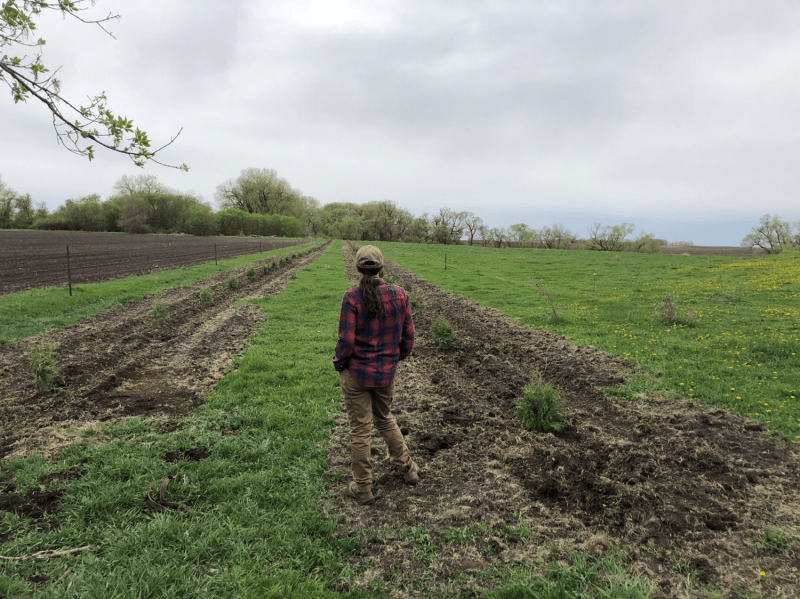



Support Minnesota Soil Health Legislation Today
Building healthy soil across Minnesota is key to creating resiliency in the face of a changing climate and is also incredibly important in supporting clean water. We all want clean drinking water for our families and communities.
Right now, bills are being heard in the Minnesota Legislature that could affect drinking water throughout the state and help farmers adopt practices that build soil health. Please sign the Land Stewardship Project’s petition to show your support for farmers, for soil health, and for clean water in Minnesota!
Two bills are being considered in the House regarding soil health (and two versions of the same bills in the Senate). One is to allocate grants for soil health-related equipment to individual farmers and Soil and Water Conservation Districts (SWCDs). The other supports a Southeast Regional Groundwater Protection and Soil Health Initiative in Minnesota. In this second bill, funding would go to SWCDs in the southeastern part of the state and would be spent on expanding the impact of the Olmsted County Groundwater Protection and Soil Health Program, which has become a model for encouraging farmers to adopt practices that produce results when it comes to improving soil health and protecting water quality.
